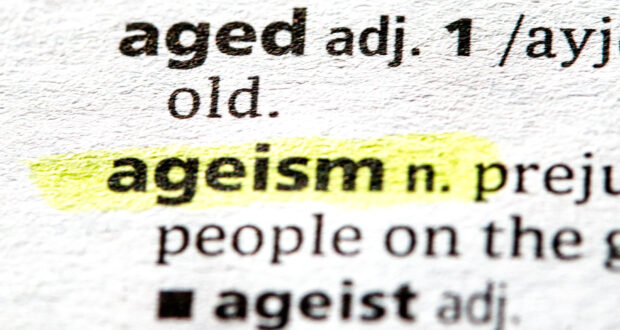As part of research into ageism's effect on older people's health, the Australian Human Rights Commission (AHRC) held educational workshops that saw 90 per cent of its participants rethink the way they communicated with old people.
Evaluations conducted both immediately after and 2-3 months post-intervention saw the 329 aged-care worker participants focus on combating negative assumptions and stereotypes associated with old people in their workplaces.
A 2020 study found that people who were the subject of ageism had significantly worse health outcomes in 95 per cent of the studies and 74 per cent of the health associations examined.
The review looked at ageism at a structural level through institutions reinforcing bias against older persons, and at an individual level in which older people adopt the negative views of ageing within a culture.
Frances Batchelor, associate professor at the National Ageing Research Institute, says ageism in care is not a criticism of the aged-care workforce, but rather a result of ageist attitudes existing in all aspects of our society.
"We know that one in two people experience the impacts of ageism, and it's often so deeply ingrained that we don't recognise it," she said.
"The aged-care workforce is on average one of the oldest workforces in Australia. Society's perception of the type of work aged-care workers do, because general attitudes towards older people aren't always positive, can reflect on the aged care workforce."
Recognising personal bias and avoiding harmful language such as referring to someone as having a "seniors moment" can lessen the effects of ageism.
"We should encourage the aged-care workforce to respect the people they look after and respect their autonomy, and avoid making assumptions or stereotyping older people as all the same," she said.
The former Age Discrimination Commissioner of AHRC, Dr Kay Patterson, said aged-care providers should consider educating their staff about ageism.
"I’d like to see them doing training to make people more aware of their ageist attitudes and how that can actually influence the way they deliver care, either in the home or an aged-care setting,” she said.
Dr Patterson focused on advocating for older Australians during her time at the AHRC, assisting in producing the 2021 study What's age got to do with it? A snapshot of ageism across the Australian lifespan study on attitudes to ageing, which found 90 per cent of Australians believe ageism exists.
Do you have an idea for a story?Email [email protected]
 Aged Care Insite Australia's number one aged care news source
Aged Care Insite Australia's number one aged care news source

